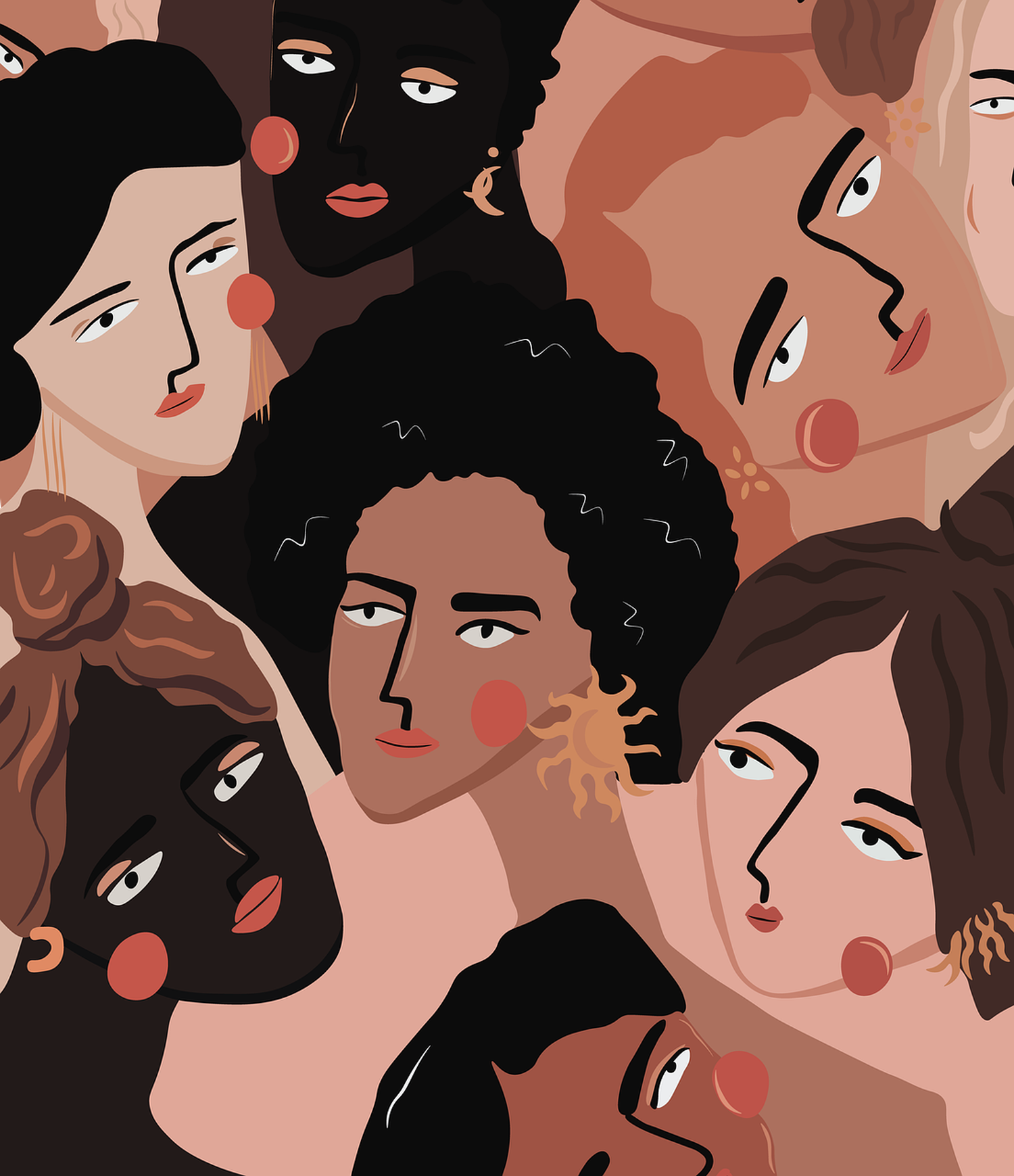Content Note: This article contains brief mentions of uncomfortable contraception, menstrual pain and visits to the A&E unit, among other sensitive topics.
Invasive contraceptives are a mixed bag and often come with some unusual side-effects. In order to throw some more light on to this subject, Varsity spoke to several anonymous students who reflected on their own experiences of using contraceptives.
Anonymous A
I’d previously been really bad at getting myself to use contraception but decided that when I came to university and was on the way to getting into a new relationship, it was time to be sensible. I was recommended the combined pill Gedarel by my GP because my previous one had given me incredibly erratic mood swings. True to form, Gedarel has never seemed to have a hormonal effect on my moods. But one of the problems I encountered before was not being able to realise when I might have just been in a bad mood, or if it was the pill that was affecting it.
“I had no idea if I would bleed [every day] for one month or three.”
I’ve now been on Gedarel for eight months. However, what I was not told, and is also not on the huge list of side effects on the leaflet, was that for the first month of being on the pill, I bled every single day. This was a complete nightmare; I had the symptoms of being on my period, spent so much money on sanitary products and ruined half my underwear in the hope that it had stopped. Not only this, but beginning a new relationship put a massive strain on things. By the time it came to having sex, I wasn’t able to and had to humiliatingly explain every few days that I was still bleeding. My now boyfriend was incredibly supportive and understanding of this but it still left me feeling low and guilty, particularly because I had no idea if I would bleed for one month or three.
I have now adjusted to it and can’t complain but in hindsight I wish I had done more research. I have a friend on the same pill who has been bleeding for three months and I can’t imagine how that would’ve been.
Anonymous B
My experiences with contraceptives have been very mixed. I initially started taking Yasmin to help combat my chronic acne when I was 15 years old. After a few months my GP switched me to Lucette and I decided to stick with it for six years after that. The pill served me well for six years, and I never had any problems on it — that is until my GP swapped me to a new pill without informing me. I started having heart palpations, a lot; the new pill was technically the same as Lucette, I was told by my GP, but for some reason it went under the different name of Aranka. After a particularly bad bout of palpations I called 111 and they advised me to go to the local A & E. I was genuinely worried that I might be having a heart attack. The doctors there told me that there was nothing wrong with my heart after conducting an ECG scan and suggested that perhaps I’d been having panic attacks. I really respect our NHS and I’m not saying that I was certainly misdiagnosed, however I felt in my heart of hearts that something was medically wrong: I’d had panic attacks before and this wasn’t what they felt like. I made the executive decision to come off the pill. My heart palpations ceased to happen after that, but stopping taking the pill after six years came with a whole host of other side effects. I felt fatigued all the time, lots of my hair started to fall out, and I had intense mood swings. I was very emotional for at least three weeks after, and had agonising pain every time I had a period. On the plus side, however, my libido went way up once I was off the pill.
Overall, I had a mixed experience. It made me angry that I had been choosing to put this drug in my body for six years unthinkingly, I had no idea it had altered me in that way it had until I experienced the side effects that coming off it created. I still find it frustrating that the onus on preventing pregnancy in heterosexual relationships mainly falls to the woman. I use condoms now, but I am worried about becoming accidentally pregnant as I am aware that they are not 100% effective. If I hadn’t had such terrible side effects from Aranka I’d still be on the pill, but after my bad experience I’m scared to go back. These side effects are rare however, so I don’t mean to put other people off going on the pill.
“I’ve had the IUD for a year now and have become used to it — I don’t feel it other than during my menstruation”
Anonymous C
A year into my relationship I decided that I wanted to switch to a form of contraceptive that wasn’t condoms — I was over the hassle of it and simply wanted to experience something different. I always knew that anything hormonal wasn’t for me, simply because I already struggled with many of the side effects and didn’t want to push my body further. I quickly chose the copper IUD, knowing that I always had light, painless periods and could deal with the increased pain caused by the form of contraception. Whether or not this was a good idea at the time, I did little research about the insertion process, so as not to scare myself. Yet to be quite frank, the insertion was the worst pain I had ever experienced, and after it was placed I fainted. The first few days coincided with my first days of term and I was bed-bound for roughly three days due to heavy bleeding and intense pain. Even now my periods have become quite painful (although not much more heavy than they used to be). My mood is affected if you count moodiness due to pain (which is totally valid!), yet I am still happy that I chose this solution. I’ve had the IUD for a year now and have become used to it — I don’t feel it other than during my menstruation and I don’t have to struggle with many of the hormonal imbalances caused by most other forms of contraception. While my experience has been overwhelmingly positive, I would not recommend the IUD to everyone and really encourage you to let your gynaecologist explain to you all the cons before you decide to take this step.
Anonymous D
Like many, my journey with the pill began as a remedy to the painful acne I struggled with for years prior, rather than as a contraceptive. It seemed to provide a miracle solution — my skin cleared in just a few weeks, I started to look like Pre-Acne Me again, and all I had to do was remember to take a pill once a day — but quickly revealed to me were the less miraculous side effects that came with it. I forgot to take it one day, and had cramps for the next five. I moved countries between the holidays and Easter term, and had to change my prescription, which meant the physical discomfort that comes with readjusting to a new medication. The idea of changing my body’s hormonal composition still freaks me out a little, but it’s also hard to deny the benefits I’m enjoying from no longer having to worry about my skin the way I used to. That confidence makes it worth it, for me.
Anonymous E
I’ve been on and off the (combined) pill since I was sixteen. To begin with, it was because I had heavy period cramps and being on hormonal contraception relieved them, but quickly I discovered that sex actually feels better without a condom. While I was in long term relationships, where I knew and trusted the other person, the side effects of the pill were worthwhile: headaches, weight gain, and the neutralisation of the highs and lows I’d otherwise go through, making me sort of passive and subdued. However, in the last year or so, while I’ve been single and having less regular sex, it hasn’t made sense to mess with my hormones in the same way. I’ve found other ways to manage my cramps, since I much prefer the me I am off the pill than on it. I’m glad the pill is an option, and anticipate starting it again at some point in the future, but for now I’m sticking with more short term solutions.
Varsity wants to make it clear that the views above are simply individuals’ opinions, for real medical advice about contraception please visit the NHS website and talk to your GP.


